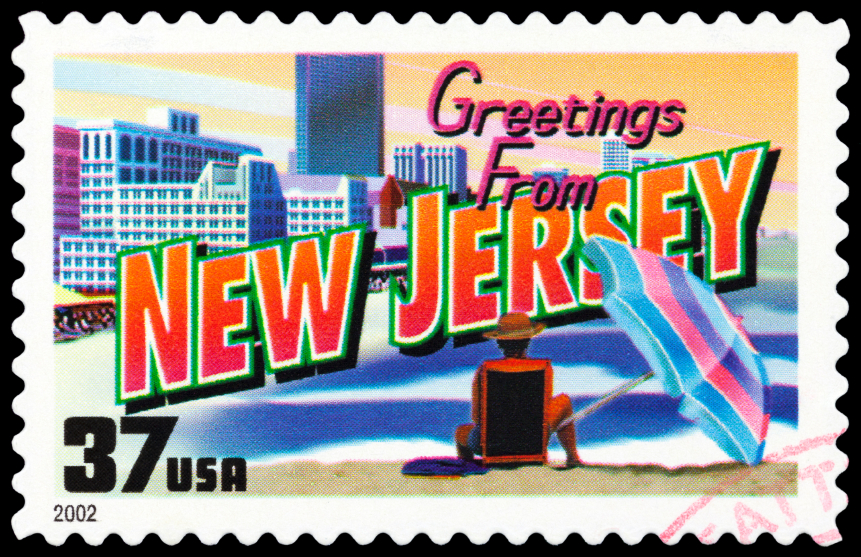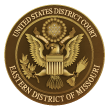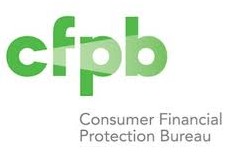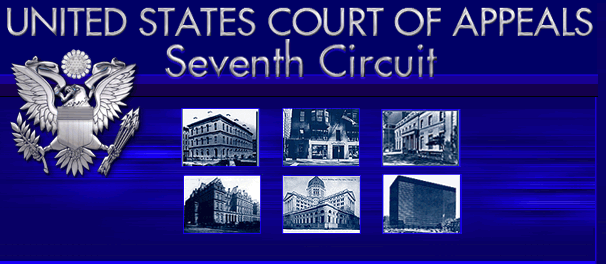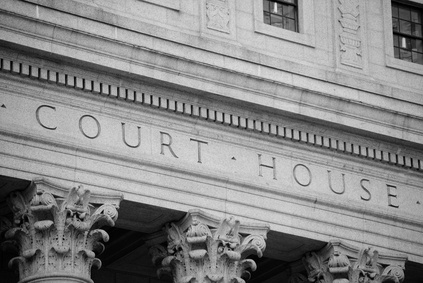Filing a lawsuit to collect a time-barred debt does not violate the Fair Debt Collection Practices Act according to a June 30 decision from a New Jersey state trial court. The decision, Midland Funding v. Thiel, involved a collection action to recover the unpaid balance of a Home Depot credit card. The law firm representing the creditor filed suit under New Jersey’s six-year limitation period for contracts, which has been applied to countless credit card debts. The trial court dismissed the claim reasoning that this particular credit card could only be used to make purchases at Home Depot. Four Year Limitations…
Posts published in “FDCPA”
Fair Debt Collection Practices Act
Addressing what it termed “a deluge [that] has swept through U.S. bankruptcy courts of late” the 11th Circuit Court of Appeals in Crawford v. LVNV Funding, LLC held that filing a proof of claim on time barred debt is conduct that violates the Fair Debt Collection Practices Act (“FDCPA”). Background The last payment on the underlying debt was made in 2001 and subject to Alabama’s three year statute of limitations. The debtor filed for relief under the Bankruptcy Code in 2008 during which the current owner of the debt filed a proof of claim. Neither the debtor nor the Chapter…
New Jersey lawyers, who file lawsuits to collect debts, face significant risk of lawsuits themselves from the very persons they sue on behalf of their clients. A June 30 decision by a New Jersey federal district court found a law firm violated the Fair Debt Collection Practices Act (FDCPA) because its attorneys did not spend sufficient time reviewing its pleadings or examining documents. Daniel Bock, Jr. allegedly had broken his promise to pay a debt and his creditor hired a New Jersey law firm to obtain payment. The firm sued to recover the debt and Bock soon after settled, paying…
Auto lenders are in the cross-hairs of federal regulators. The Consumer Financial Protection Bureau recently announced it is drafting a larger nonbank participant rule for auto lenders. In the meantime, the Federal Trade Commission announced yesterday the filing of a stipulated order imposing a civil monetary penalty and injunctive relief against a subprime auto lender. Big Penalty, Restitution, Restrictions The Federal Trade Commission announced yesterday that Consumer Portfolio Services, Inc. will pay a civil monetary penalty of $5.5 million arising from its servicing and collection of consumer motor vehicle loans. In addition to the monetary penalty, the lender agreed to make certain changes to…
The Consumer Financial Protection Bureau’s May 22 Supervisory Highlights report offers a rare glimpse into the CFPB’s thoughts on its first two years of supervision of nonbank entities, particularly debt buyers and debt collectors. Although the report contains several of the bureau’s standard talking points (data integrity in debts sales, for example) it does reveal new issues that have drawn the regulator’s attention and new guidance on pre-existing areas of concern. Compliance Management Systems It’s hard to believe, but according to the bureau some credit reporting agencies had no compliance management systems in place. Where it found a CMS, there were several instances uncovered where neither…
While there are many reported cases discussing attorney fee awards to successful plaintiffs under the Fair Debt Collection Practices Act, fee awards for defendants who had to endure bad faith complaints are few and far between. Recently, one of these rare opinions surfaced in the Eastern District of Missouri in Nguyen v. Capital One Bank, (USA), N.A., 2014 U.S. Dist. LEXIS 46716 (E.D. Mo. Apr. 4, 2014). The underlying putative class action complaint was filed in state court and removed by the defendants who then filed a motion to dismiss. The District Court granted the unopposed motion to dismiss and…
The Consumer Financial Protection Bureau released a report today outlining its efforts and objectives in regulating, supervising and enforcing against debt collectors. The report is available here. Past CFPB reports have provided guidance on where the bureau might be headed in its regulation, supervision and enforcement efforts. This year’s report is no different. It notes the growth of medical and student loan debt collection. Expect more focus on these sectors right away. In addition the report examines: consumer complaints the CFPB and the Federal Trade Commission have received over the past year their enforcement activities the bureau’s supervision of debt collectors the bureau’s rulemaking,…
The Federal Trade Commission reported yesterday that on Feb. 24, it obtained an ex parte temporary restraining order from a New York federal court freezing the assets of Federal Check Processing, Inc. and related entities. The TRO also appointed a temporary receiver for the defendants pending a hearing on March 17. According to the FTC’s press release, the defendants used company names suggesting a government affiliation such as Federal Recoveries, LLC, Federal Check Processing, Inc, Federal Processing Services, Inc., Nationwide Check Processing, and State Check Processing, Inc. In addition to the allegedly deceptive names of the companies, the FTC alleges that the defendants…
Recent remarks from Consumer Financial Protection Bureau Deputy Director Steven Antonakes indicate that the CFPB remains particularly interested in data integrity during debt collection. Speaking at the National Community Reinvestment Coalition Annual Conference in Washington yesterday, Antonakes said the bureau is “concerned that the accuracy of account information degrades as it passed on from the original creditor to debt collection firms or debt buyers.” Antonakes also suggested that improvements in data integrity will further the bureau’s efforts “to ensure that collectors are seeking to recover debts from the right person in the right amounts.” Concerns over data integrity are consistent with the bureau’s policy statement in its…
The Fourth Circuit has joined the Second and Ninth circuits to hold that the Fair Debt Collection Practices Act does not require consumers to dispute debts in writing. (Clark v. Absolute Collection Serv., 2014 U.S. App. LEXIS 1939 (4th Cir. Jan. 31, 2014)). In a short per curiam opinion on Jan. 31, the Fourth Circuit adopted the reasoning of the Second and Ninth circuits and held that 15 USC 1692g(a)(3) permits a consumer to dispute the validity of a debt orally based on a plain reading of the statute. Citing Hooks v. Forman, Hold, Eliades & Ravin, LLC, 717 F.3d…

